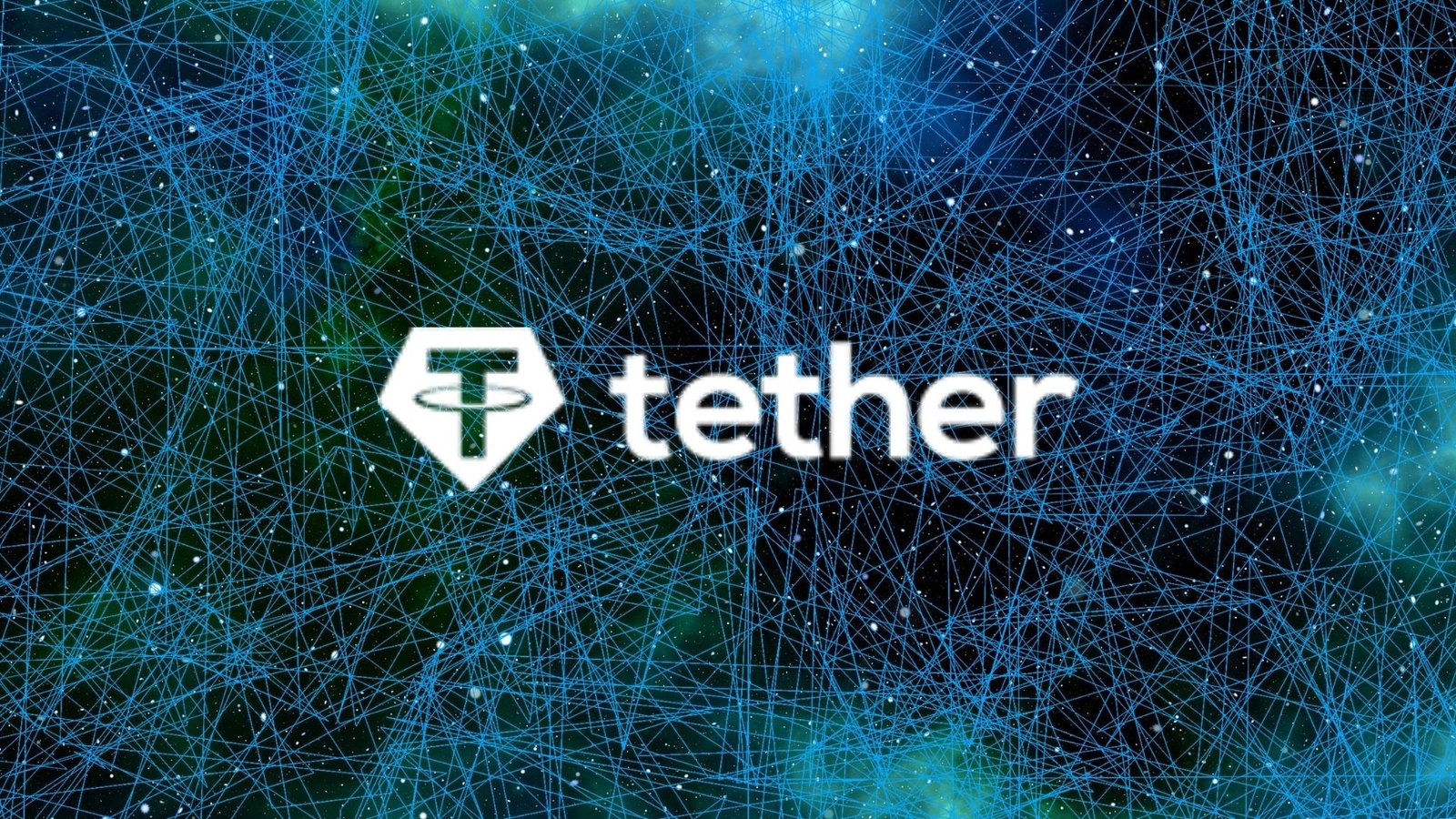The USDT stablecoin will not accept any transactions from wallets on the blacklist. The company has frozen 560 addresses since 2017.
According to Etherscan and Dune Analytics data, Tether, the issuer of the USDT stablecoin, has blocked an Ethereum address with digital assets worth more than $1 million. The firm did not disclose the reason for the block. There are 560 addresses on the Tether blocklist as of January 5. In 2017, the business started banning wallets associated with unlawful activities.
Blocked addresses are unable to conduct any transactions with the USDT stablecoin. According to The Block, in certain situations, Tether uses a reissue process to retrieve lost USDTs. If stablecoins are unintentionally delivered to the incorrect address, they may freeze them and issue fresh tokens.
Crypto scams are one of the most prevalent problems in the world of cryptocurrency. To combat this, many crypto scam prevention tools have been developed. These tools range from detailed research guides to social media monitoring and machine learning algorithms to identify suspicious behavior.
Recently Tether signed a collaboration deal with Notabene, a company specializing in identifying digital asset holders. Tether wants to protect USDT stablecoin holders by using Notabene technology to combat cryptocurrency fraud and money laundering.
Read Also: The US Congress Will Discuss The Environmental Impact Of Bitcoin Mining


Comments are closed.